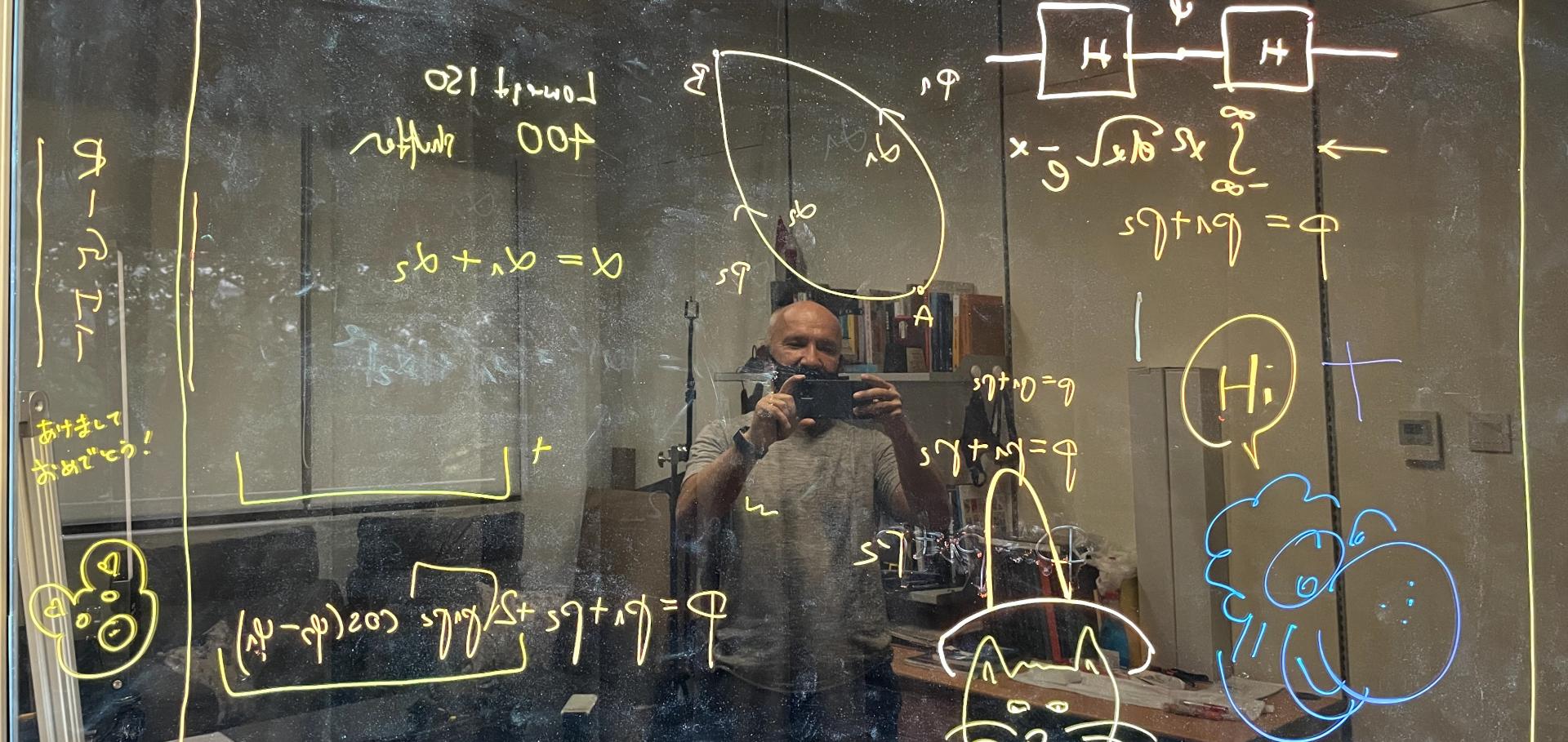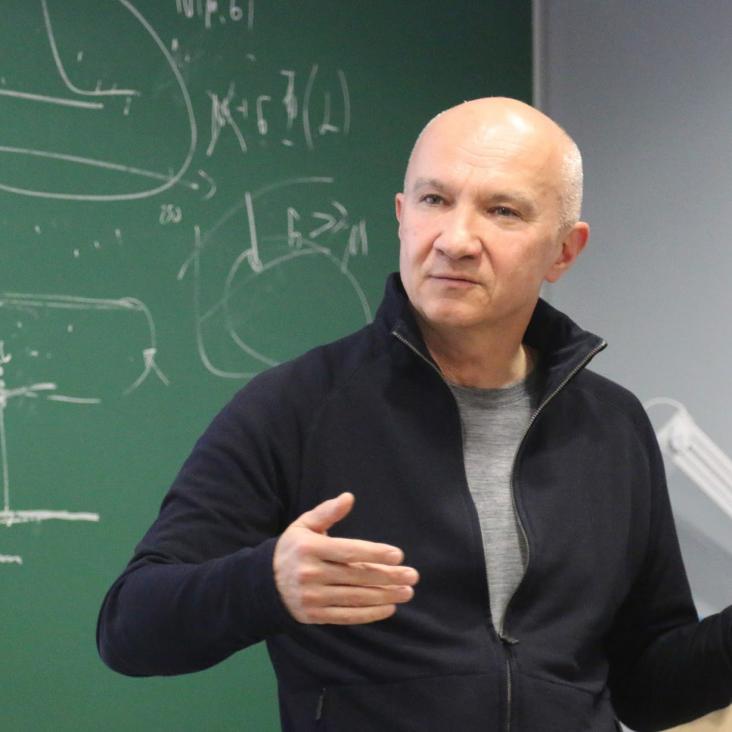Machines, Logic and Quantum Physics
ArXiv math/9911150 (1999)
Abstract:
Though the truths of logic and pure mathematics are objective and independent of any contingent facts or laws of nature, our knowledge of these truths depends entirely on our knowledge of the laws of physics. Recent progress in the quantum theory of computation has provided practical instances of this, and forces us to abandon the classical view that computation, and hence mathematical proof, are purely logical notions independent of that of computation as a physical process. Henceforward, a proof must be regarded not as an abstract object or process but as a physical process, a species of computation, whose scope and reliability depend on our knowledge of the physics of the computer concerned.Against Quantum Noise
ArXiv quant-ph/9904070 (1999)


